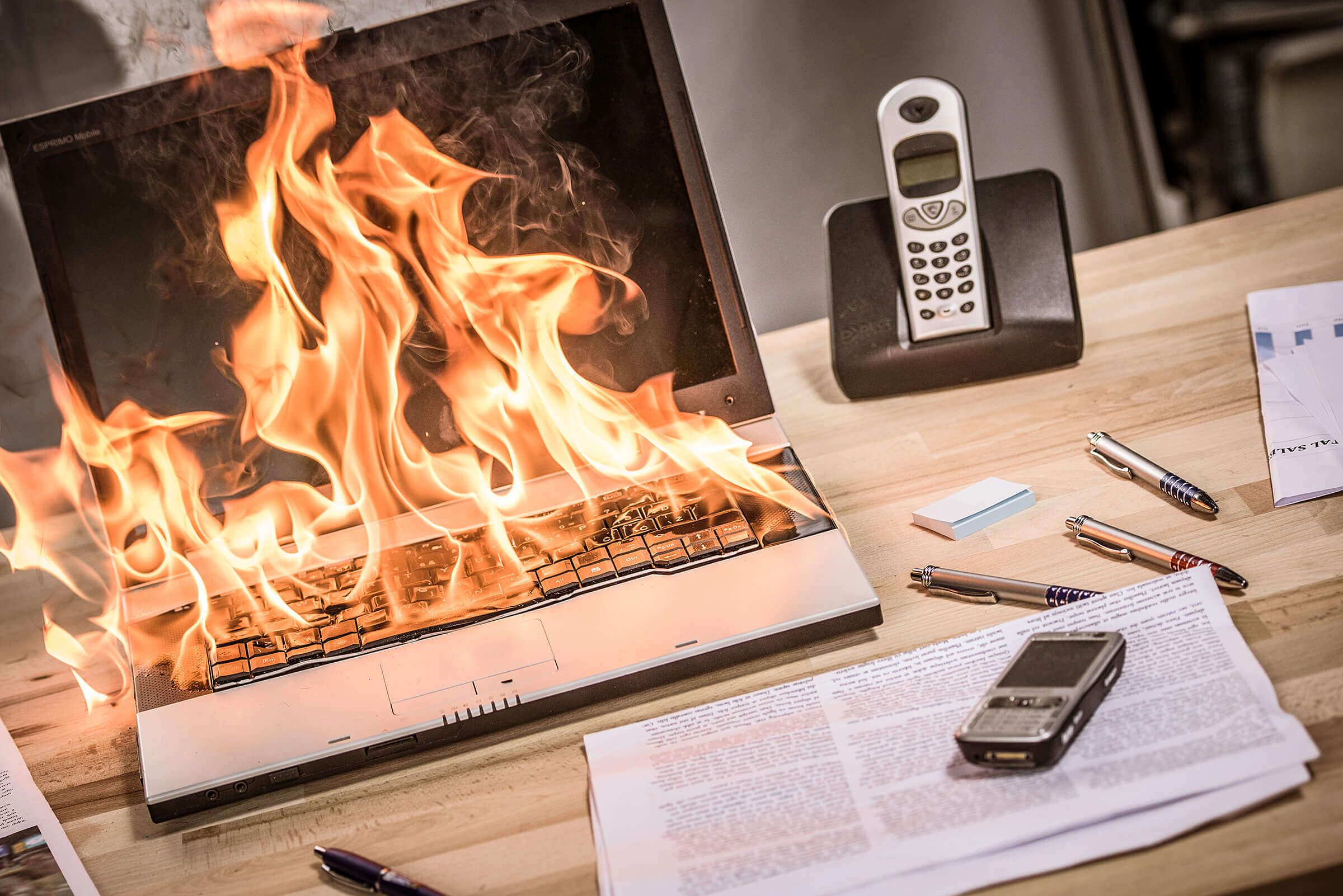Lithium-Ion Battery Safety

The Westchester County Department of Emergency Services (DES) is committed to keeping our communities informed and protected. Effective April 2025, new safety rules require municipalities to notify us of all non-residential Battery Energy Storage Systems (BESS) for improved emergency response and public safety.
New Battery Energy Storage System (BESS) Notification Law
Starting April 2025, a new law, Chapter 637 of the Laws of Westchester County, requires that all municipalities in Westchester notify the Department of Emergency Services (DES) about any non-residential Battery Energy Storage Systems (BESS) located in their communities.
Why is this important?
BESS facilities, while critical to a greener future, can present serious hazards like thermal runaway, toxic gas emissions, and fires. First responders need site-specific information to protect our firefighters, EMS, police, and the public in the event of an emergency.
What Municipalities Must Do:
- Notify DES of any existing, newly permitted, installed, or modified non-residential BESS.
- Submit a BESS Notification Form within 30 days of this notice and whenever changes occur.
Required Information Includes:
- Site address
- Zoning district
- Size and energy capacity
- Owner/operator/contractor contacts
- Dates of installation, operation, and inspection
How to Submit Information:
- Email:
This email address is being protected from spambots. You need JavaScript enabled to view it. - Mail: Westchester County Department of Emergency Services
4 Dana Road, Valhalla, NY 10595
Attn: BESS Notification
Questions?
Contact us at (914) 231-1851 or email
MORE ON LITHIUM ION BATTERIES
Did you know a growing cause of fires today are from lithium-ion batteries?
Lithium-ion batteries supply power to many kinds of devices including smartphones, laptops, tablets, scooters, e-cigarettes, smoke alarms, toys, and even cars. Lithium-ion batteries store large amounts of energy and can pose a threat if not treated properly. Like any product, a small number of these batteries are defective. We want you to take care when using them because in rare cases, they can overheat, catch fire or explode.
Safety Tips When Using Lithium-Ion Batteries:
- When purchasing devices, be sure that the equipment has the Underwriters Laboratories Mark. The UL mark shows that the product has been safety-tested.
- ALWAYS follow the manufacturers recommended instructions.
- Only use the battery that is designed for the device.
- Place batteries in the device the correct way.
- Only use the charging cord that came with the device; the power adapter is made specifically for that device. Do not buy cheaper chargers for replacement.
- Do not charge your device under your pillow, on your bed, on your couch, or armchair.
- Keep batteries at room temperature; do not place them in direct sunlight or keep them in hot vehicles.
- Always charge your batteries at room temperature, too hot or too cold can cause damage.
- Store batteries away from anything that can catch fire.
- Never leave devices charging unattended.
Signs of a Problem:
Stop using the battery if you notice these problems: odor, change in color, too much heat, change in shape, leaking, or if you hear odd noises coming from the battery. If it is safe to do so, move the device away from anything that is flammable.
Battery Disposal:
- Putting lithium-ion batteries in the trash or recycling at home is illegal.
- Recycle batteries by taking them to a battery recycling location. In Westchester, batteries can be taken to the Westchester County Household Material Recovery Facility (H-MRF).
- https://environment.westchestergov.com/residents/recycling-guidelines/household-batteries
- Individually bag batteries or tape ends before disposing.
Learn more about lithium-ion battery safety (English) (Espanol).
Battery Energy Storage Systems Conference flyer.
ADDITIONAL FIRE SAFETY RESOURCES
The documents below provide important fire prevention guidelines.
- Halloween Fire Prevention Tips: NFPA Halloween Fire Safety Tips
- Understanding Residential Sprinkler Systems and Related Codes: This article provides some important facts about the installation of residential sprinkler systems.
- Home Heating Fires: Report entitled "Heating Fires in Residential Buildings," developed by the USFA’s National Fire Data Center. The report examines the causes and characteristics of heating fires that occur in residential buildings.
- Chimney Fire Safety: Chimney maintenance and fire prevention for residential owners of wood-burning appliances.
- Winter Fire Safety: Fire safety tips that can help you maintain a fire-safe home for this winter. Proper use of home heating devices
- Smoke Detectors: Learn how having a smoke detector installed in your home can save the life of you and your family.
- Holiday Safety Tips: NYS holiday safety tips.
- BBQ Fire Safety: Learn about barbecue maintenance and safety.